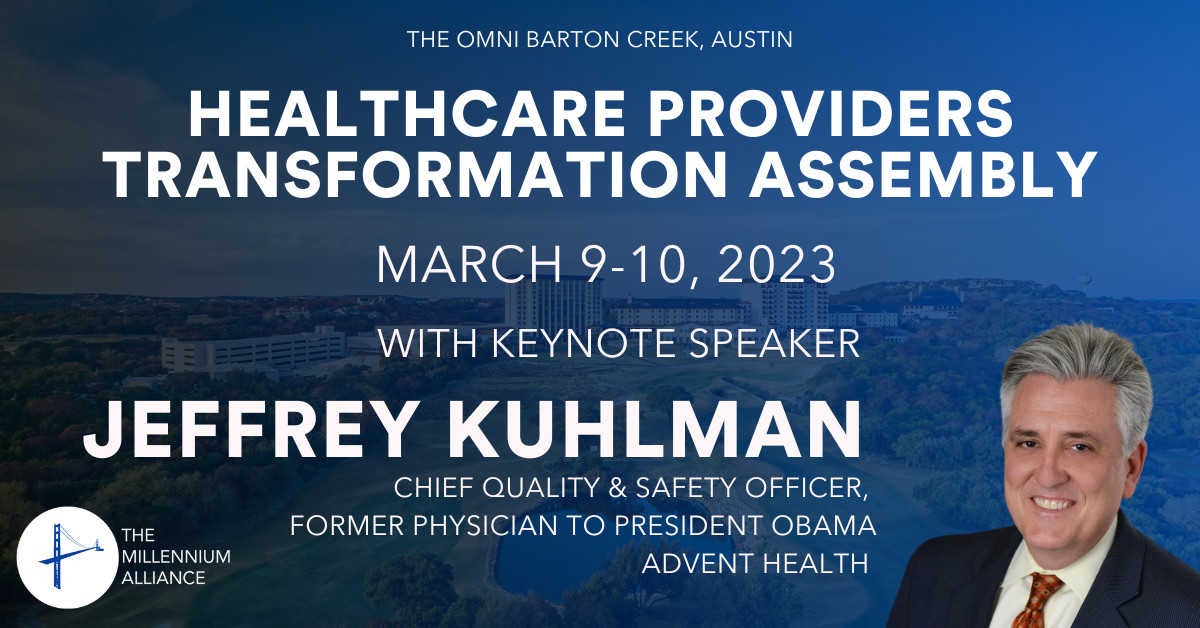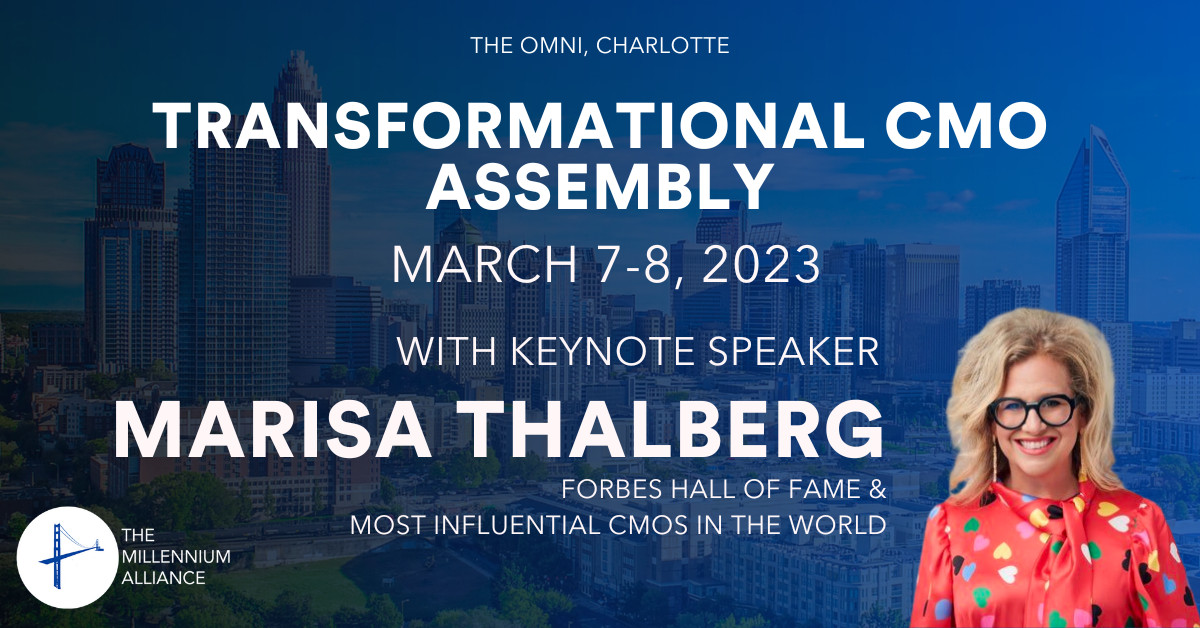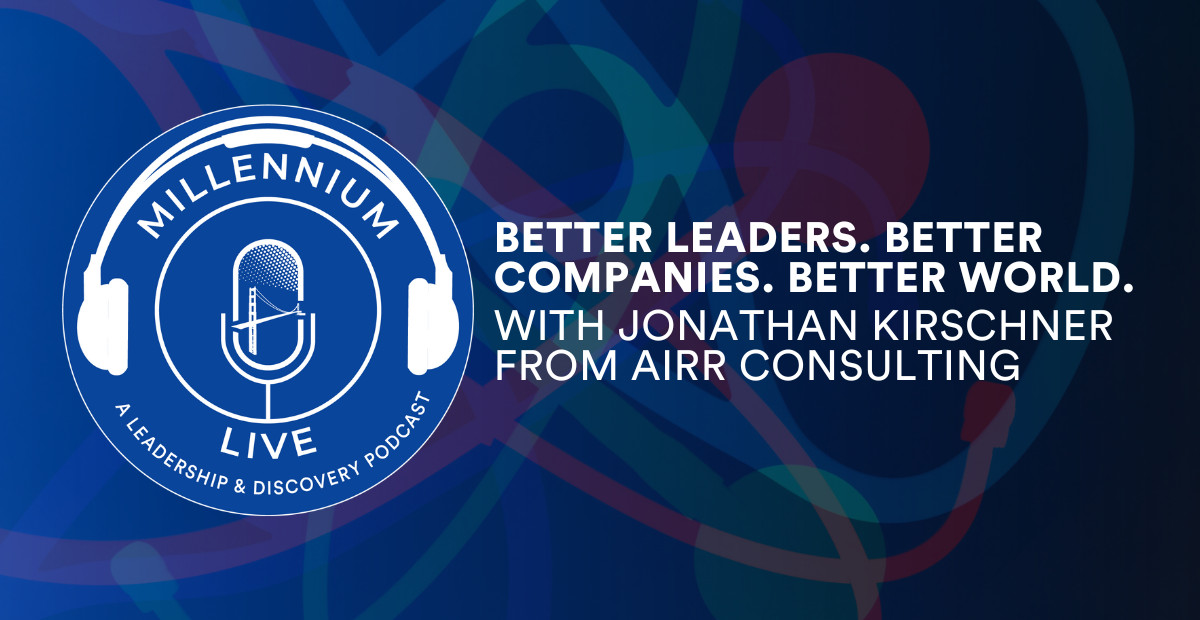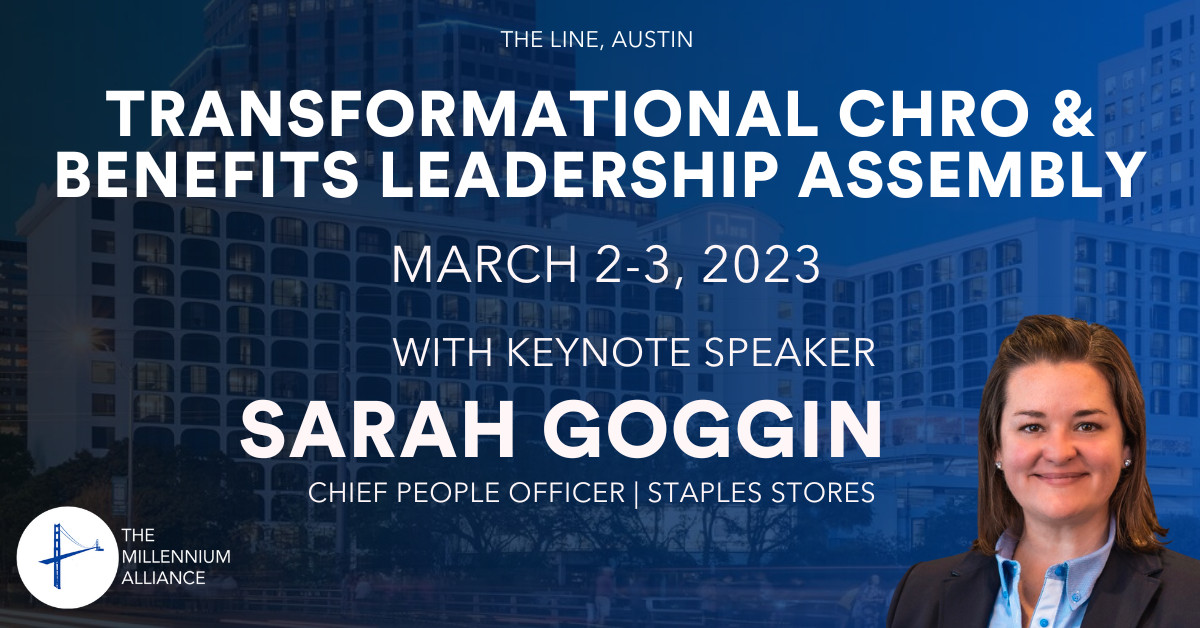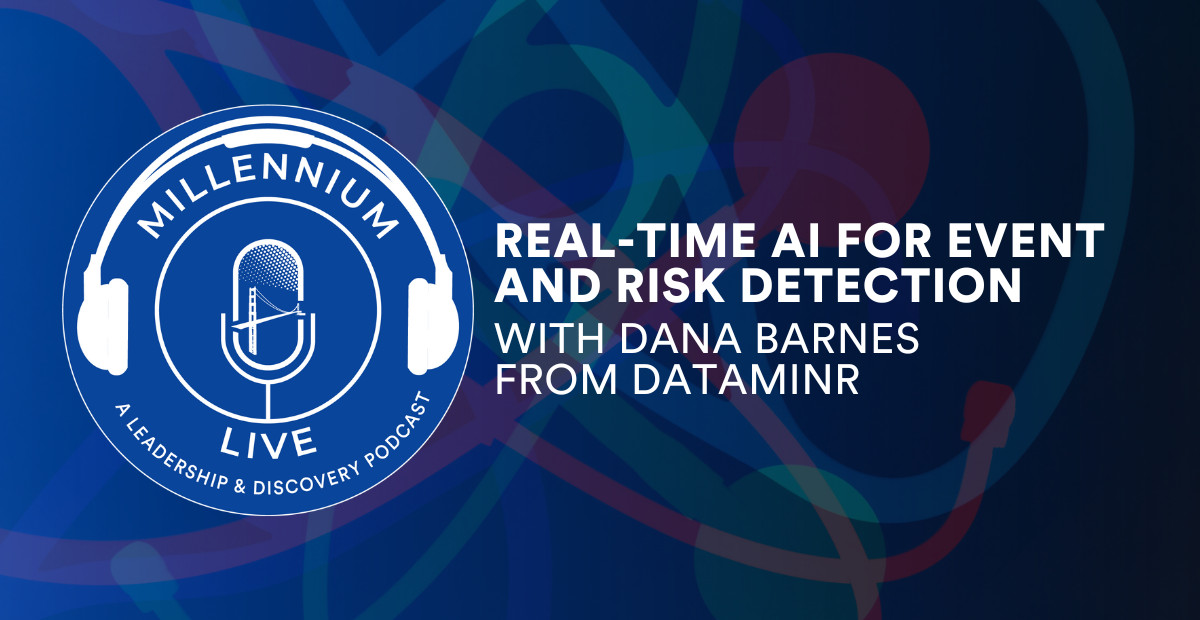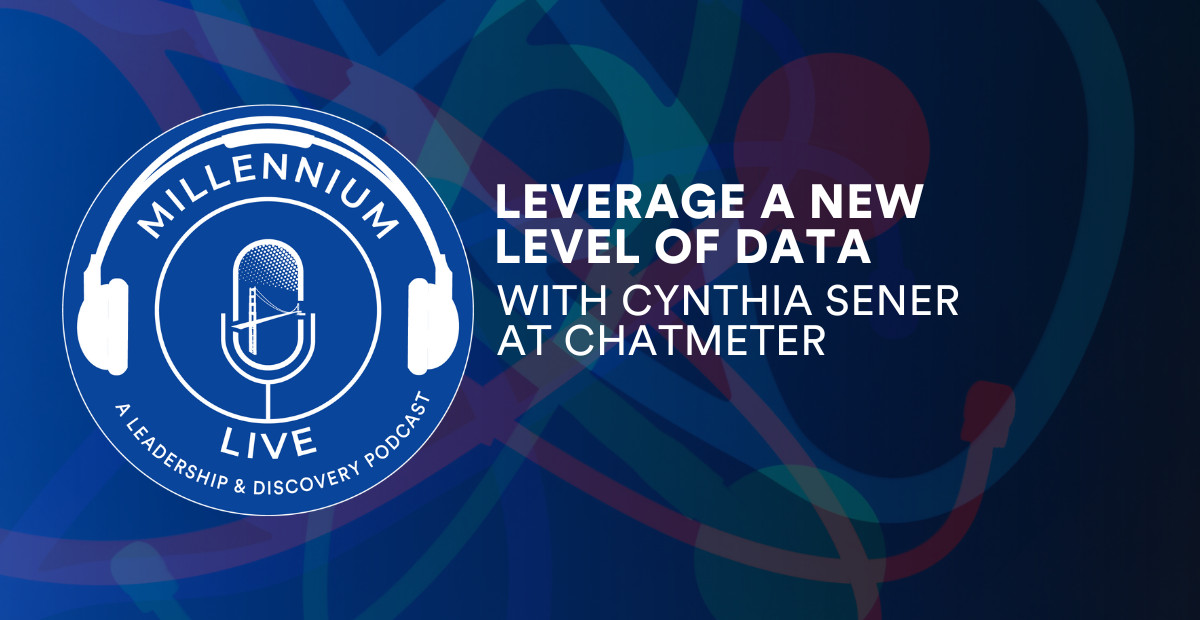Our team has been hard at work welcoming the biggest and brightest innovators across industries in-person at our events nationwide over the last few months – if you’re reading this, you might even be one of them. As we charge into the new year, however, we’d like to take a moment to recognize a tremendous talent right here at home in our New York office. We can’t think of anyone more deserving of her promotion than Gabie Polce, who takes on a new role as our Senior Vice President of Sales this month.
After kickstarting her career in events through roles with the City of Albany and Rensselaer County, Gabie became an integral part of Millennium in 2017, when she joined our team as an Account Executive. Over the last 5 and a half years, she’s grown into a trusted co-worker, manager, mentor, and friend to those who are lucky enough to know and work alongside her.
New York City wasn’t always her end game – read on to find out why – but we can’t imagine it without her. We’re proud to have her tenacity and spirit leading the charge here and can’t wait to see the great things she’ll accomplish in the SVP role.
We sat down with Gabie to learn about her career journey, legacy at Millennium, and secrets to success.
How did you get started in the industry?
Gabie: I got started in this industry 5 and a half years ago when a guy who used to manage here at the time befriended me at Red Lion (A bar on Bleeker – We all went [there] after the holiday party this year) and told me I should work at Millennium. At the time I was living in Albany working for a nonprofit, and thought my next move would be Boston. I decided maybe NYC was for me so I uprooted everything, and haven’t left. I guess that guy was pretty good at sales.
How has your role evolved over time since you’ve been here?
Gabie: I started as an AE [Account Executive] because at the time, we didn’t have an SDR [Sales Development Representative] department. From there, I was a submanager under [Chief Revenue Officer] Sal, then I got to officially help build out the SDR division & manage it, then I got to manage my own sales team, and now I do a little bit of it all 🙂
What is one thing that you wish people knew about your job?
Gabie: In addition to closing deals, I also am in charge of the Sales Board and its upkeep – which I take very seriously (please disregard the drama with the movement of the board towards the end of last year – direct all questions on that to Rob Davis).
What are you most proud of in your career so far and why?
Gabie: I am most proud of how the SDR division has evolved. Adding that part to Millennium has been crucial in our growth, and watching young sales people come in and transition quickly into successful AEs is super rewarding.
What piece of advice would you give to your younger self?
Gabie: As long as you work hard and work smart, opportunities will come. Take every possible opportunity that you can to grow. Also – MINI GOALS EVERY DAY > ONE BIG GOAL! CHOP EM UP!
Connect with Gabie on LinkedIn to follow her career journey and congratulate her on her new role.
